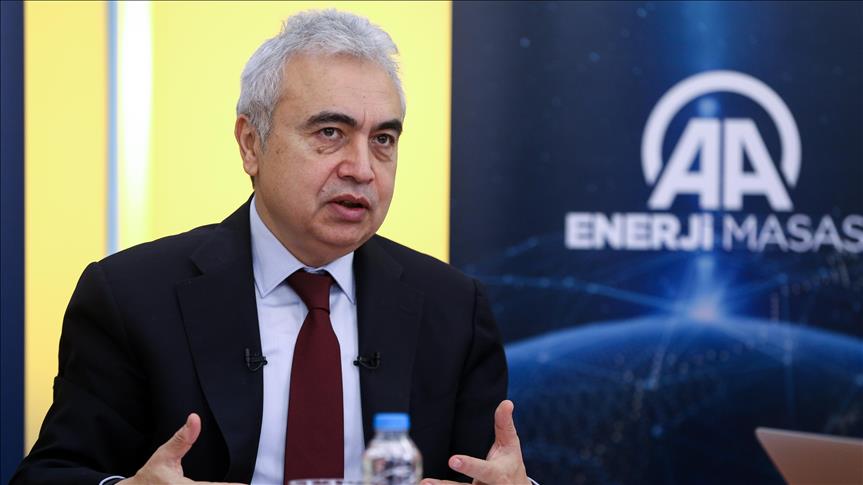Clean energy transition needs to accelerate in emerging countries, which are responsible for more than two-thirds of global emissions, and over the next 30 years will be responsible for almost all global emissions growth, International Energy Agency (IEA) head, Fatih Birol, said at the virtually held Davos Agenda Week of the World Economic Forum on Wednesday.
He advised that a global approach is necessary to address net-zero targets, explaining that "emissions do not have a passport," and added that "if we want to be successful in California by avoiding the impact of climate change, it is extremely important what happens in Delhi or Jakarta."
In emerging Asian countries, in particular, he said emissions are already locked into very new coal and other fossil-fuel infrastructure, with investments paid back.
In the absence of hugely accelerating clean energy transition in these countries, not only in power generation but also transportation, industry and buildings, there is no chance that any global targets to reduce emissions will be met, he said.
Currently, there is not a big appetite from investors in these countries for the available capital to accelerate the clean energy transition. However, to unlock such clean energy investments in the emerging world, he said the IEA would prepare concrete policy recommendations on how these should be carried out and monitor developments of clean energy investors.
"Today, 10 gigatons of emissions come from power plants only," he said, urging governments to accelerate their efforts to tackle climate change.
By Nuran Erkul Kaya
Anadolu Agency
energy@aa.com.tr


